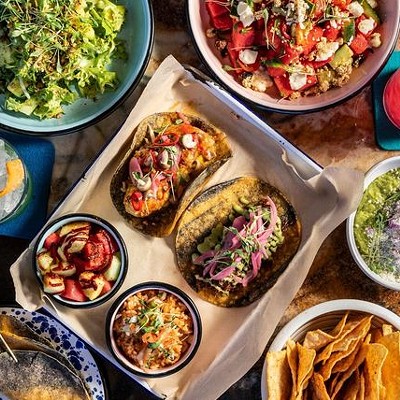When I was a student in Italy in my early twenties, I ate twice a day in a university cafeteria, where 3,000 lire (roughly $2) got you a pasta or rice first course (usually topped with tomato sauce or tomato and meat sauce), a second course of fish or meat with a side of vegetables, a piece of bread, a small dessert, and one small glass of wine -- white or red.
Like any red-blooded American college student, I had done my share of drinking. At that age, wine and (mostly) beer were a sine qua non component of adolescent socialization. And their sole purpose was inebriation: I can't remember an instance when my companions or I stopped to say, wow, this beer is really hoppy! or this Chardonnay is really well balanced! (you get the picture and if you're reading this, you've probably been there yourself).
And so when I first started eating at the university cafeteria, I was impressed by the fact that wine was served at lunch and dinner. Of course, the quantity wasn't sufficient to "catch a buzz" or "get your drink on." The serving size was just enough to allow the gentle alcohol in the wine to stimulate the acids in your stomach and the acidity to give you a jump start in digesting your food.
If you've ever traveled to Europe, you know that wine is served at every meal. Some Europeans prefer to go hungry if no wine is served (I've seen this numerous times when accompanying Europeans to dinner here in the U.S.). In Europe, wine -- which often costs less than water, as the old adage goes -- is viewed not as a luxury product but rather an essential nutrient that provides sustenance and aids in digestion (in other words, it helps you to poop better).
So what does any of this have to do with yesterday's ruling by the U.S. Supreme Court wherein the justices upheld the Affordable Care Act?
Until yesterday, the United States remained the only rich western country that had not embraced universal coverage for its citizens -- a basic and fundamental human right. And today, like yesterday, we remain the only rich western country where wine is still served like a cocktail -- without food -- and is viewed as a luxury product and a privilege of the one percent. Ours is also the only country where high-alcohol and low-acidity wine is considered the model for fine wine.
Now that the justices have ruled that Obamacare is constitutional, what's next? Federally sanctioned gay marriage? Abolition of the death penalty? Those lofty goals and ideals are in sight and within grasp. But in the meantime, I'll settle for some low-alcohol and high-acidity wine with dinner tonight.
Follow Eating Our Words on Facebook and on Twitter @EatingOurWords






